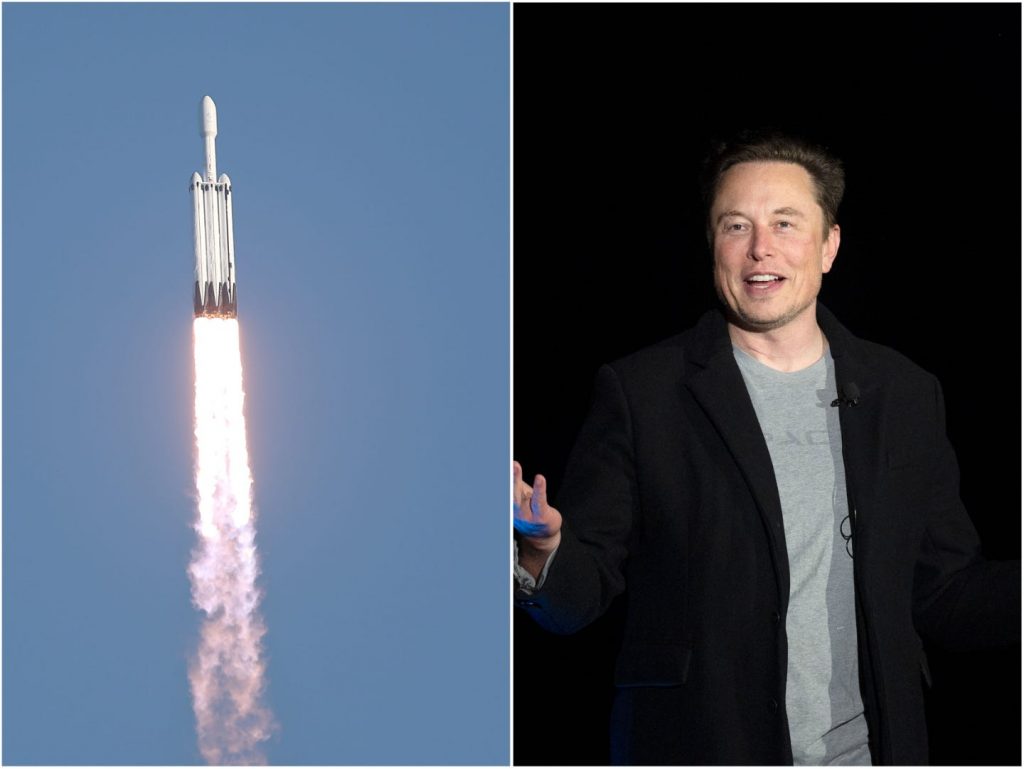- The US Space Force approved SpaceX to launch spy satellites on the Falcon Heavy rocket, per Bloomberg.
- Falcon Heavy is the world's most powerful rocket and has three reusable boosters.
- The Space Force told Bloomberg the first launch will be between October and December.
SpaceX has received approval from the US Space Force to launch top secret spy satellites with its reusable Falcon Heavy rocket, Bloomberg first reported.
The launches will come under the National Security Space Launch mission, the Space Force told Bloomberg in a statement. The first Falcon Heavy launch is expected to go ahead between October and December and will send a satellite into orbit for the National Reconnaissance Office — an agency that builds and operates spy satellites, the Space Force said, per Bloomberg.
The Space Force said in the statement sent to Bloomberg that it found the "recovery, refurbishment, and launch of SpaceX boosters utilizes well-established processes."
The Space Force certified the aerospace manufacturer for the spy satellite launches in June, but didn't disclose the approval until Thursday, per Bloomberg.
The 230-foot Falcon Heavy, the world's most powerful operational rocket, has three reusable boosters and 27 engines that allow it to carry a much heavier payload compared to SpaceX's Falcon 9 rocket, which has nine engines. As a result, Falcon Heavy can produce more than five million pounds of thrust at liftoff — the same as 18 Boeing 747 planes, SpaceX says.
The approval means SpaceX can participate in more government missions, while the Space Force can save money by launching rockets that can be reused.
Walter Lauderdale, chief of Falcon division in Space Systems Command, told Bloomberg in a statement that the Space Force has saved more than $64 million for GPS missions and avoided extra costs by using reusable Falcon 9 rockets in the past.
SpaceX and the Space Force didn't immediately respond to Insider's requests for comment made outside of normal working hours.
The United Launch Alliance, a Boeing and Lockheed-Martin joint venture, is still awaiting similar approval from the Space Force for its Vulcan rocket with engines made by Jeff Bezos's Blue Origin, per Bloomberg's report.

